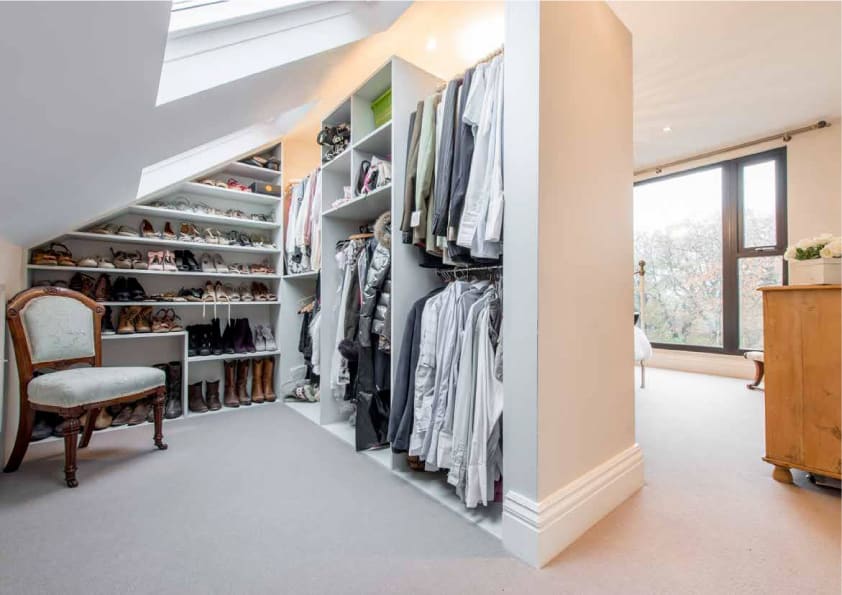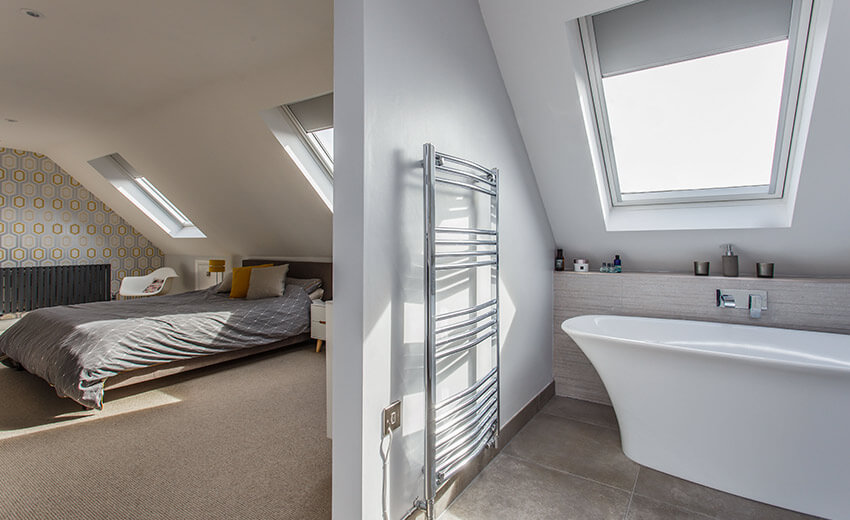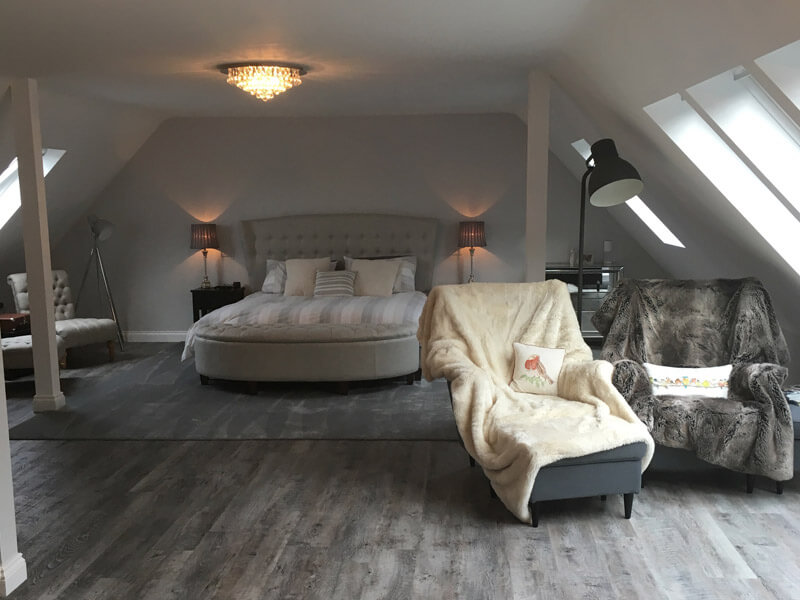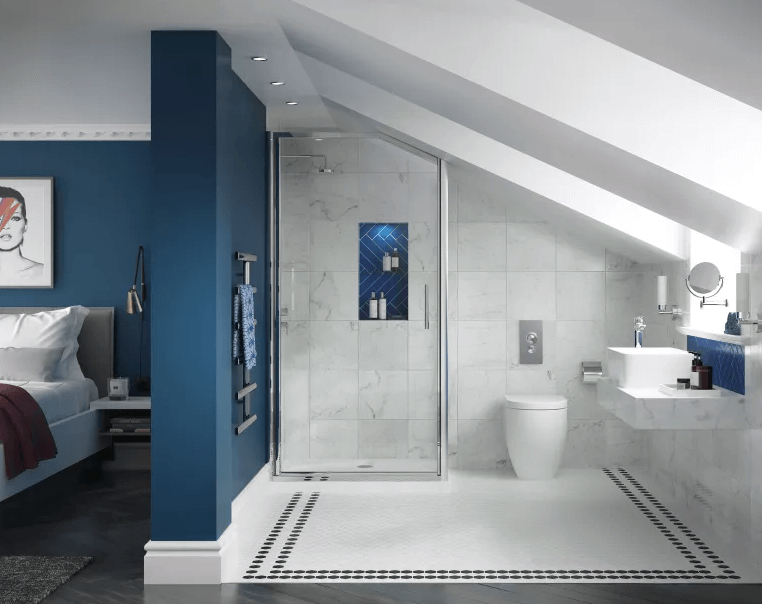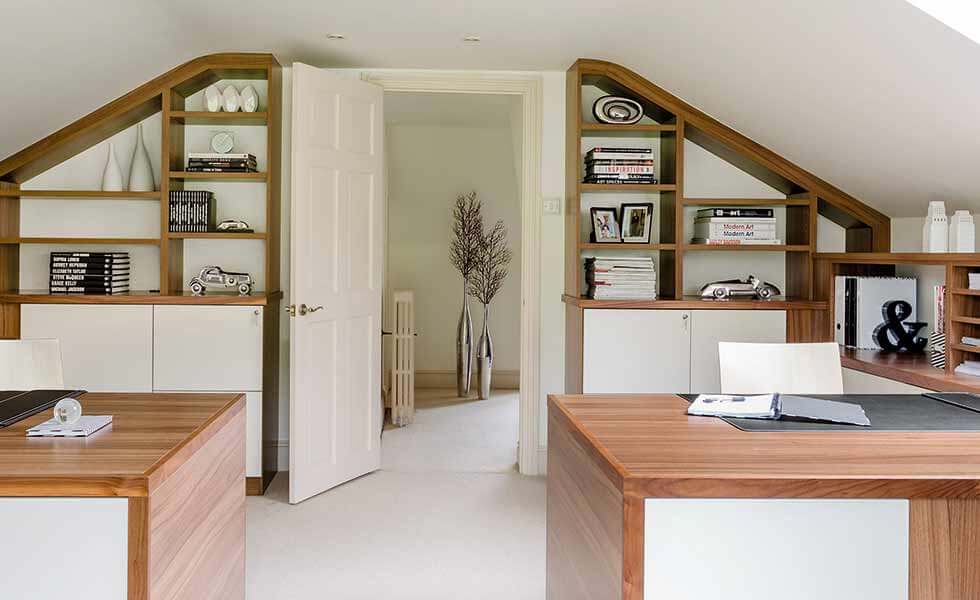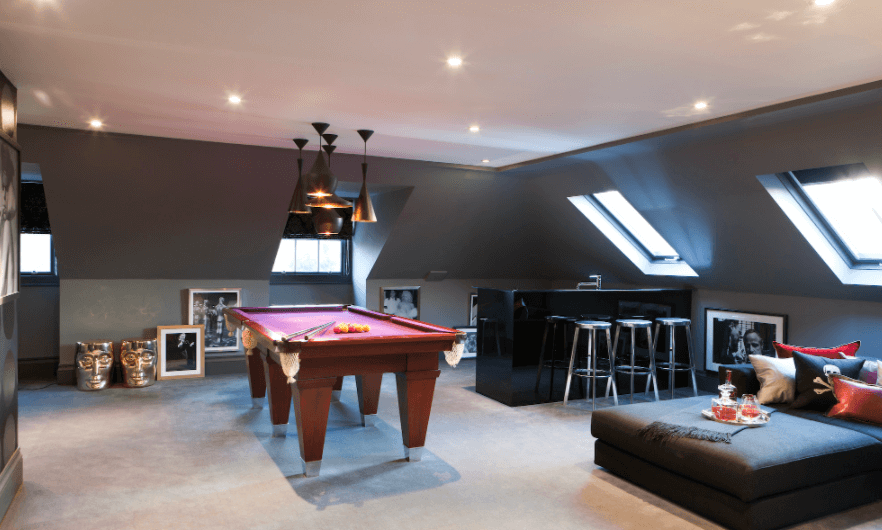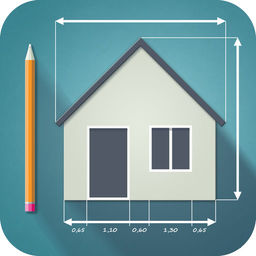A loft conversion in Tilbury is a fantastic opportunity to boost the value of your home without the need to relocate. Did you know that converting your loft in Tilbury can add as much as 25% in value to the property, which ensures a profitable investment in the long run. In some suburbs of Tilbury, where space is limited, loft conversions have become the preferred choice for families seeking to enhance their homes. Not only is it a more cost-effective alternative to moving, but it also provides the added benefit of expanding your living space.
Request a Quote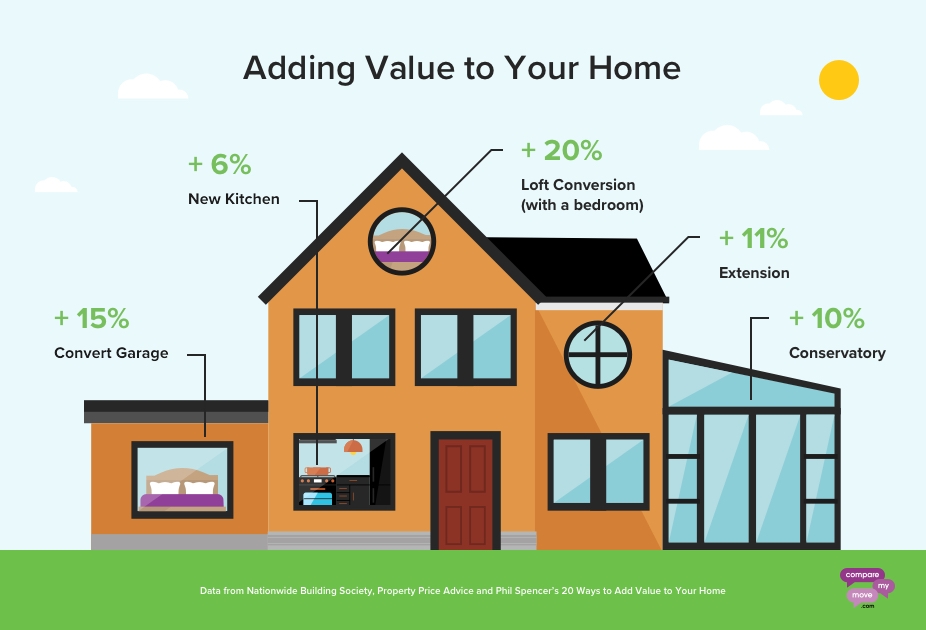
Bespoke loft conversions in Tilbury
We specialise in high-quality custom Loft Conversions across Tilbury and around . We have built numerous bespoke loft conversions in Tilbury which are fully tailored to the client's personal requirements and preferences. Our Loft Conversions in Tilbury allow families to add habitable space to their homes without the need to move home.
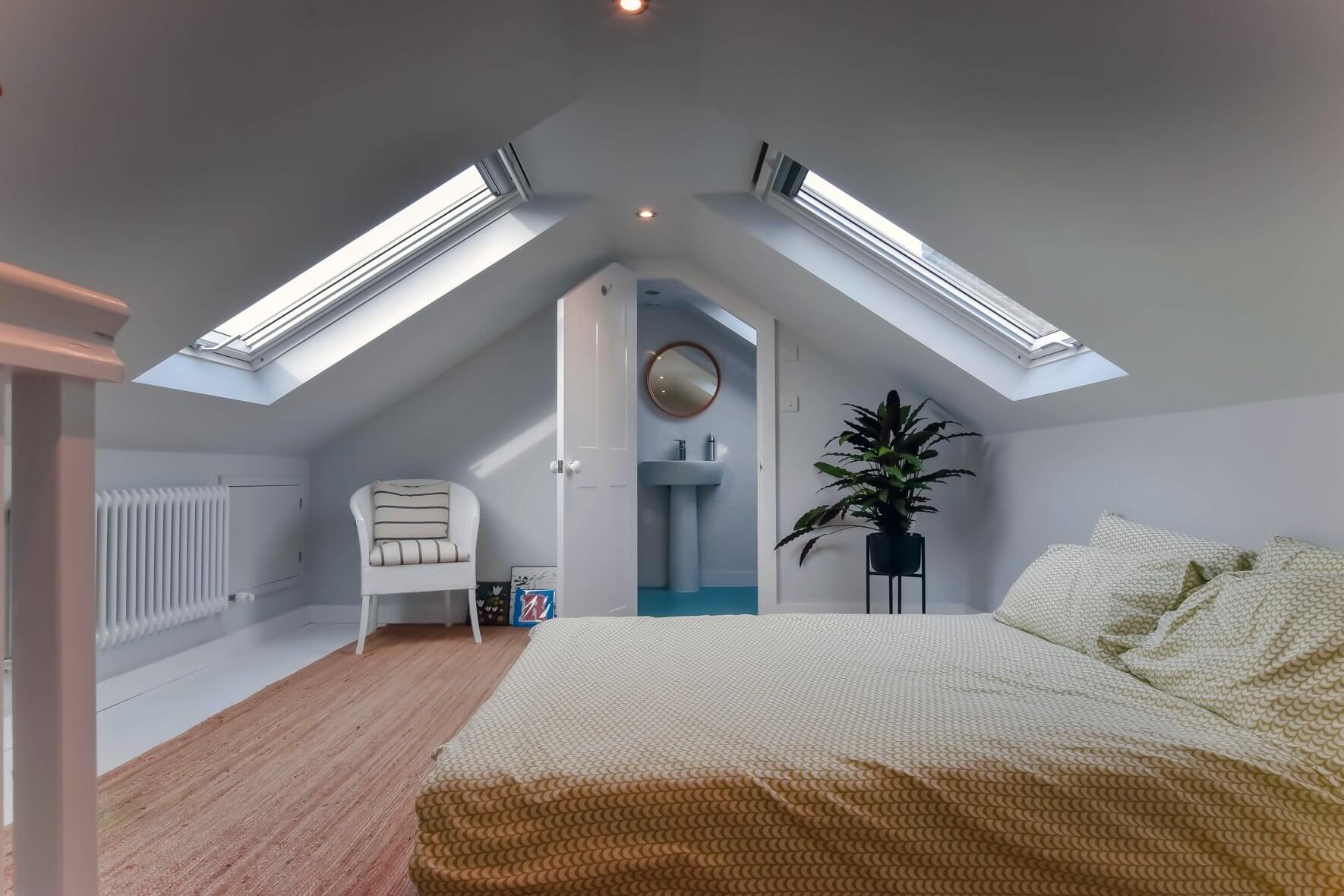
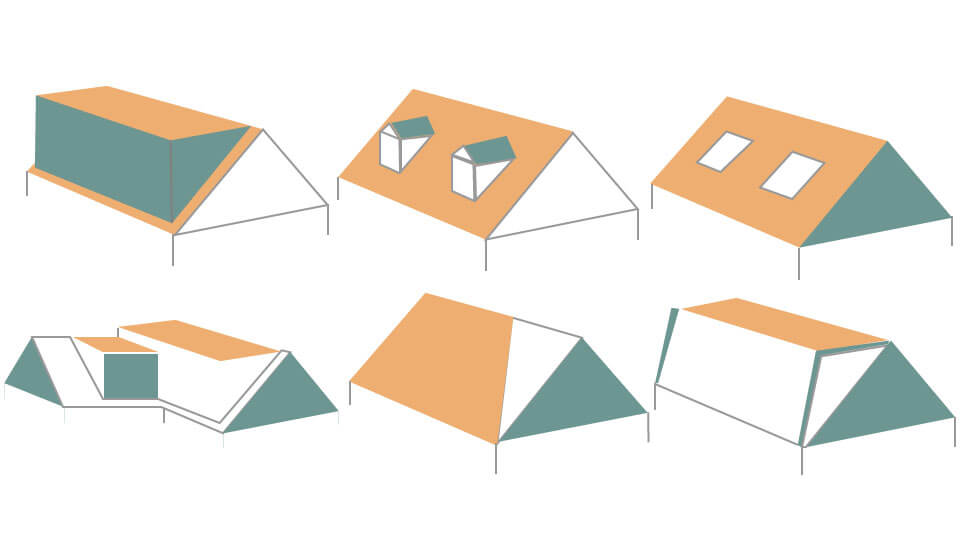
Tilbury Loft Conversions
We offer a range of Loft Conversion types in Tilbury, which include, dormer, mansard, hip to gable, L-shaped and velux loft conversions. Our team of builders will transform your house, giving you more living space and thereby increasing the value of your property.
Our latest Loft Conversions in Tilbury
Browse through our latest loft conversions and extensions in Tilbury to get an idea of what our specialist Loft Conversion team can build for you.
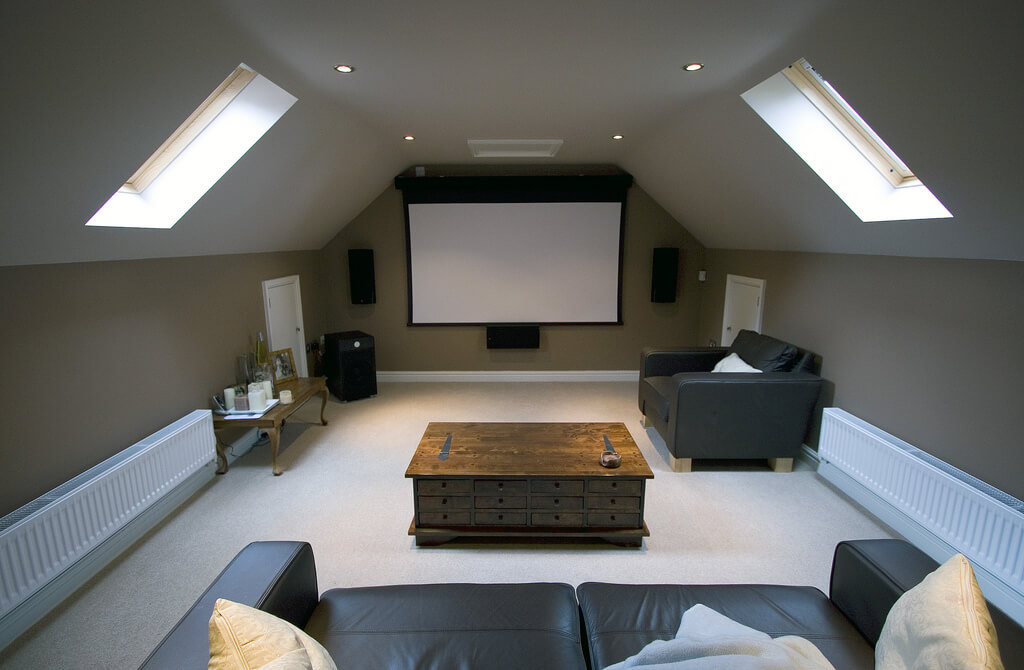

Our step by step process for Loft Conversion in Tilbury
We try to keep the Loft Conversion process as simple as possible from conception to completion, always keeping you informed and involved in every step. Our process includes an initial survey and design followed by architectural drawings and structural calculations. Thereafter, we will quote based on the drawings. Once happy with our quote, our architects apply for planning permission and commence your building work and finally the completion of your new loft conversion. Our team is ready to discuss any aspect of the project in more detail at all times.
Whether your family is growing, renting out a room in your property, or simply want a new study or office, a loft conversion is an ideal solution to maximise space in your house. This is a cost-effective alternative to moving and will increase the value of your property when you decide to sell in the future. No matter the project size, we will build you a loft that reflects your style and meets your lifestyle’s needs.
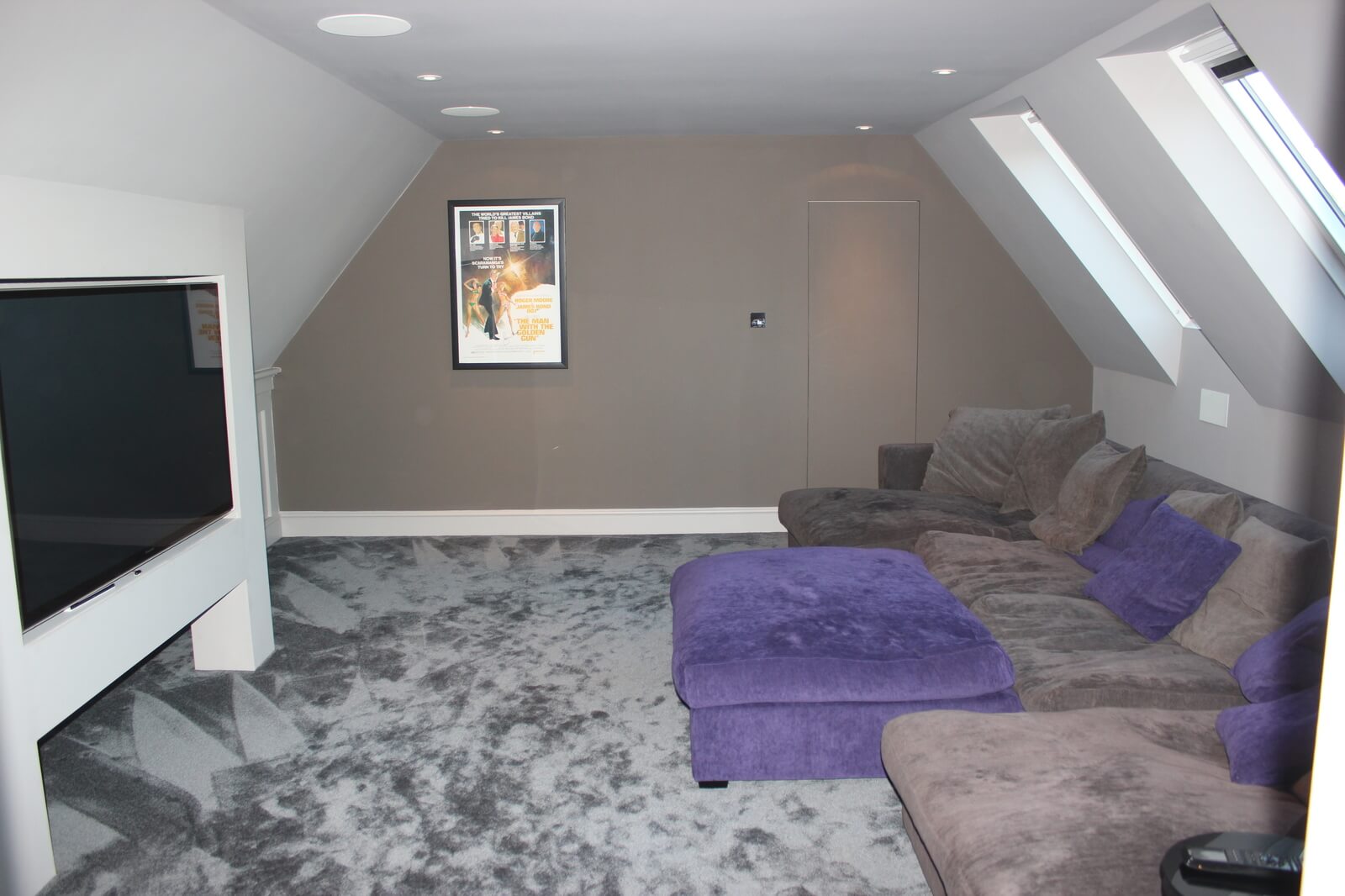
Before you begin planning your loft conversion in Tilbury, make sure that the space is suitable for conversion. You don't want to go through all the hassle of converting your loft only to find out that it wasn't actually suited for it in the first place! To do this, you'll need to use some basic tools and materials. The first thing you should do is measure your loft space with a tape measure so that you can get an accurate idea of how much usable space there actually is. Once you have an idea of how much space there is, check that there are no structural issues with the walls or rafters where they meet the ceiling below your loft (this can easily be done by knocking on them). If there are no problems, then congratulations—you're ready to start thinking about what kind of conversion you want!
You have many options for what you can do with your loft space. Here are just a few: - A studio: If you're an artist, filmmaker, musician, or another creative type, a studio is a great way to work on your craft without having to worry about noise or distractions. - A guest room: If you want a place where family and friends can stay when they visit, a loft is an excellent choice because it's spacious and has lots of natural light. - A home office: Working from your Tilbury home often means dealing with distractions like kids running around or pets doing their thing—so having a room dedicated to work can help keep you focused while also giving you some privacy when needed.
Planning permission is a legal requirement for most loft conversions. If you wish to carry out a loft conversion, you will need to apply for planning permission from your local council. The council will then decide whether or not your proposed loft conversion meets their requirements. If it does, they will grant you planning permission, which you can use as evidence that they have allowed you to proceed with the loft conversion. If your proposed Tilbury loft conversion does not meet their requirements, they may refuse planning permission and ask you to make changes before resubmitting it. In some cases, the council may grant conditional planning permission: this means that if certain conditions are met (such as an increase in noise insulation), then they will approve the application.
If you're considering a Tilbury loft conversion, you may have questions about how it will affect your property's regulations. To find out what your building regulations are, you can contact the council or check online. The council should be able to provide you with a list of approved builders who have experience with converting lofts and attics into habitable spaces. You should also be able to find information on the type of materials that are allowed in the area where you live.
Lighting is an important factor when you are planning a loft conversion. You will want to consider the right lighting for the room, as well as for the purpose of the room. If your Tilbury loft has a bedroom or a bathroom, you may want to consider installing recessed ceiling lights for optimal lighting in these rooms. Recessed lights can be installed easily and provide even light throughout the room. Another option is to install pendant lights over your bed or sitting area if that is what you prefer. These give off more concentrated light than recessed lighting does and can be used to highlight specific areas of your loft conversion.
Do you have a question about Loft Conversions? We're here to help. Contact our team at Loft Conversion London
The minimum height required for a Loft Conversion is 2.2m (from the floor to the highest point in your loft). If you do not have the required height, your ceilings can be lowered on your first floor.
This depends on the size and type of Loft, most loft conversions take around 10-12 weeks. We can give you a more accurate estimation when we see your property.
Loft Conversion cost is determined by the size and type of the project, the features you would like, etc. Our architect will help you achieve the best use of your space within your budget. Most Lofts cost between £25,000 and £60,000.
No - it's safe to carry on living in your house. Our team starts from the scaffolding before the stairs go in. We always try to limit the disruption during the construction process.
Loft Conversions usually fall under the permitted development category therefore planning permission is not normally required. There are some exceptions like conservation areas, flats, or listed buildings. Our in-house surveyors can advise further on planning permission. For more info read our Planning Permission blog.
A party wall agreement is also known as PWA is required if you own semi-detached or terraced property. In simple words, if you are working within or near your neighbor’s boundary then you will need a party wall agreement in place. Click here for more info.
Yes - it will add from 15% to 25% upwards depending on the size, design, and type of Loft. Read more about adding value here.
Yes, all Loft conversions require building regulation approval from the local authority. These regulations are important to ensure the safety measures are in place and they set a protocol of construction and design to follow.
Absolutely yes, we will work with you to achieve your dream new living space.
